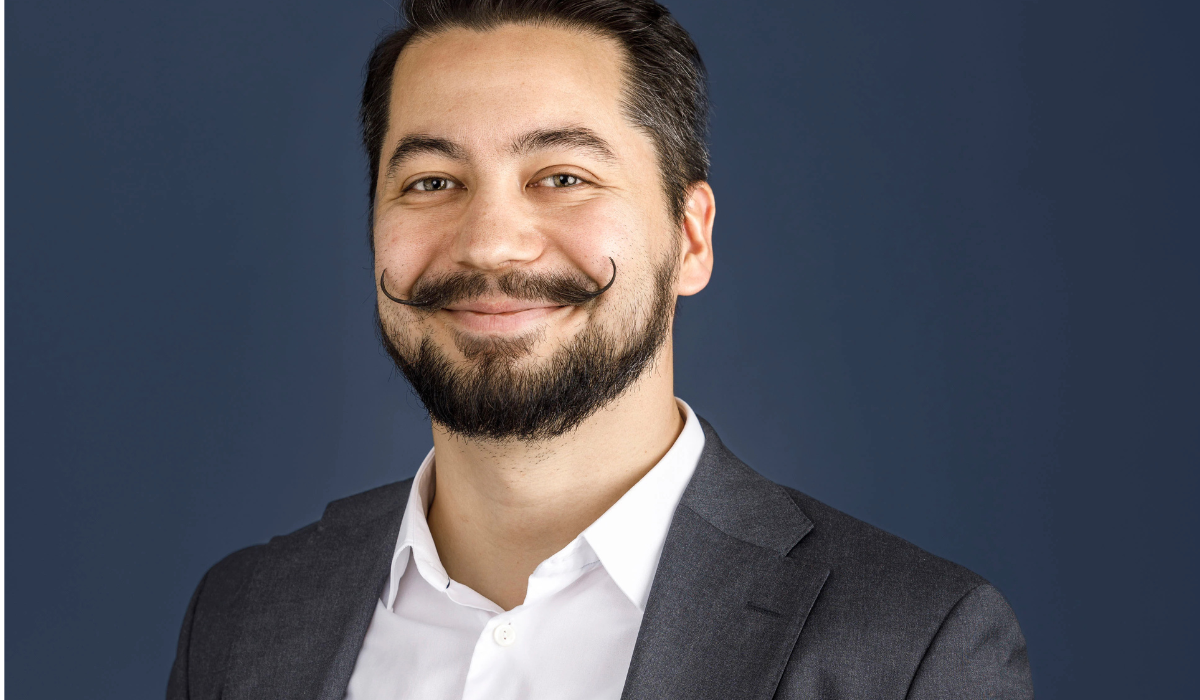
AEC new Chair from Norwegian Shipowners’ Association
Mr Kai Simon Eikli Yuen from the Norwegian Shipowner’s association (NSA) has been appointed the new Chair at the Arctic Economic Council. The NSA is a founding member of the AEC since 2014. Norway will have the AEC chairsmanhip for the years 2023–2025.
You represent Norwegian Shipowners Association that also founded the AEC, what do you do and what are your members interests in the Arctic?
I work at the Norwegian Shipowners’ Association (NSA) where I lead our work on the Arctic. According to a survey conducted in 2019, 43% of our members operate in the Arctic. These shipowners represent a wide span of different businesses. Many are in the energy sector, with service vessels for offshore wind or oil/gas installations, or oil or LNG tankers. It’s also an important area for cruiseliners.
The Arctic is both environmentally sensitive and operationally challenging for shipping, due to harsh weather conditions. The region holds a strong potential for economic growth, innovation and research, but realizing this potential requires efforts from both governments and businesses alike.
What is your own background into shipping and working internationally?
After several long stints of backpacking, a first job in China and a second one in Haiti, I decided I didn’t want to give up the possibility of going somewhere new to work. The Norwegian Ministry of Foreign Affairs was an obvious choice, and after seven years posted abroad I got the opportunity to work at the NSA.
Shipping is as international as the foreign service, but in my current position I get the privilege of observing international relations from the perspective of business. Relating this to the Arctic, I think having worked on the Arctic Council will be an advantage to working in the Arctic Economic Council – and vice versa.
The Norwegian chairmanship has defined just transition, energy and thriving communities as the key priorities – how is this related to shipping?
These are very much prioritized by the Norwegian shipping community. Their main commercial interest is energy, both renewable and non-renewable. Thriving communities are necessary to maintain sufficient infrastructure and a skilled population, which shipping not only depends on, but is also an important contributor to. And not least, just transition is a crucial part of the discussion. There is great potential in the energy transitions, but only if burdens and opportunities are distributed fairly in due process.
To take one example which touches on all of these, I would point to GoliatVIND, an offshore wind project being built by, amongst others, our member Odfjell Oceanwind. It will power Goliat, the largest floating production, storage and offloading unit for oil in the world. What makes it interesting is that this will be the first floating offshore wind project in Norway. We take pride in having shipowners that make this happen in Finnmark – as it stands, Northern Norway is leading the field in what many believe will become the country’s next industrial adventure.
Bio:
Mr Kai Simon Eikli Yuen holds a Master of Science in International Energy from Sciences Po, Paris, and a Bachelor of Science in International Marketing from the Norwegian School of Business and Fudan University, Shanghai. Before working at the NSA he worked for nine years in the Norwegian Ministry of Foreign Affairs. This included work at the Royal Norwegian Embassy in New Delhi and at Norway’s delegation to the EU in Brussels – two postings where the Arctic gathers strong interest. Prior to joining the Foreign Service, Kai worked for the UN in Haiti, for Orkla in China and with private equity investments in developing markets for Norfund.